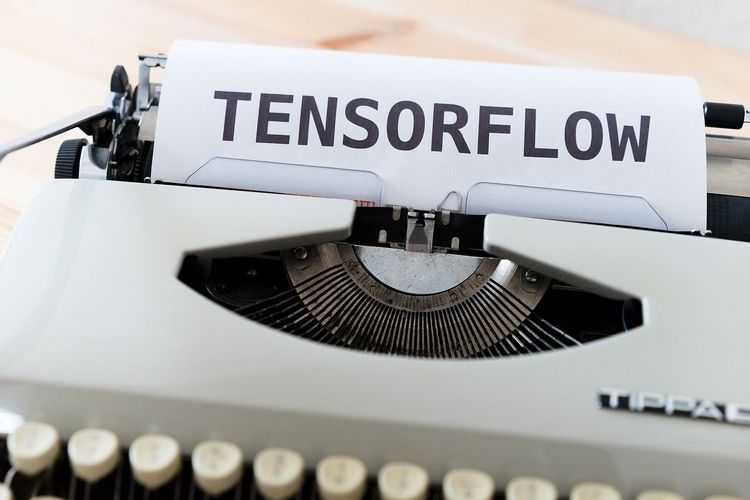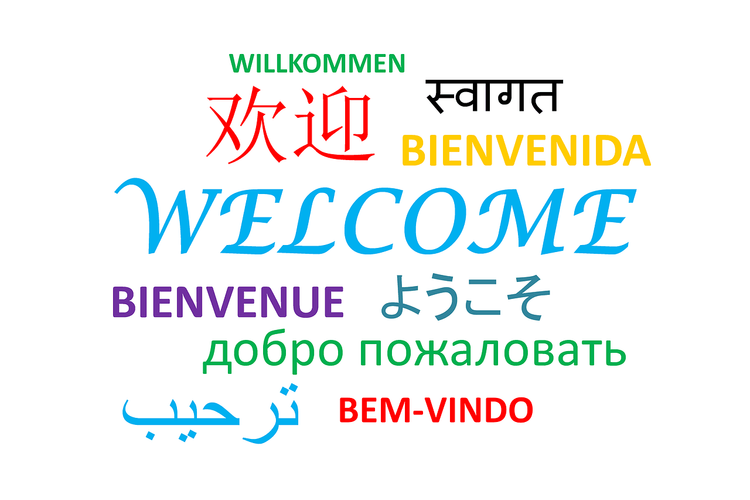Former researchers from Google DeepMind have launched an innovative generative AI-powered music creation app, offering a unique platform for users to compose songs using simple text prompts. This exciting startup, with a presence in both London and New York, has garnered support from renowned musicians like Will.i.am and Tay Keith, as well as the prominent music distributor UnitedMasters. Notably, venture capital firm Andreessen Horowitz has also invested in the venture.
The Udio app leverages advanced AI to comprehend various musical concepts, such as genre and style, and can even produce vocals in multiple languages. Users can quickly generate music by entering natural language prompts, such as “A country song about trucking.” Within minutes, the app crafts a 30-second audio sample that aligns with the input provided. Users have the opportunity to build on these initial samples, further refining their creations by adding new sections and customizing lyrics.
To safeguard intellectual property, Udio is programmed to decline prompts that reference copyrighted tracks. Additionally, the app will not generate music if users input lyrics from existing copyrighted songs, ensuring a respectful and legal approach to music creation.
Currently in its beta phase, Udio is free to use, allowing users to generate up to 1,200 songs per month. To access the app, users need a Google, Discord, or Twitter account. The Udio team emphasizes its mission to develop AI tools that empower the next generation of music creators. Their website articulates a vision that celebrates the potential of AI to broaden musical avenues and inspire new, extraordinary compositions.
The initial version of the app utilizes the Udio v1 model, which the development team acknowledges has room for improvement. They describe it as "capable, but not perfect," and assure users that they are rapidly iterating on the technology. Enhancements are in progress for longer samples, improved sound quality, support for a greater number of languages, and advanced control features.
Upon launch, Udio faced overwhelming interest, leading to system strain and increased generation times, as noted in communications on the app’s Discord channel. Wharton Associate Professor Ethan Mollick, who was granted early access, remarked on the app’s impressive generation capabilities.
While Udio has not publicly disclosed the training data used for its v1 model, it likely includes licensed tracks, given the scrutiny and actions taken by record labels regarding AI-generated music. For instance, Universal Music Group has previously mandated the removal of thousands of AI-generated tracks from Spotify.
Udio is part of a growing landscape of generative AI music tools, joining other offerings such as YouTube’s Lyria model, which enables users to create songs for videos based on textual inputs. As this technology evolves, it continues to reshape the future of music creation, making it more accessible and diverse than ever before.







